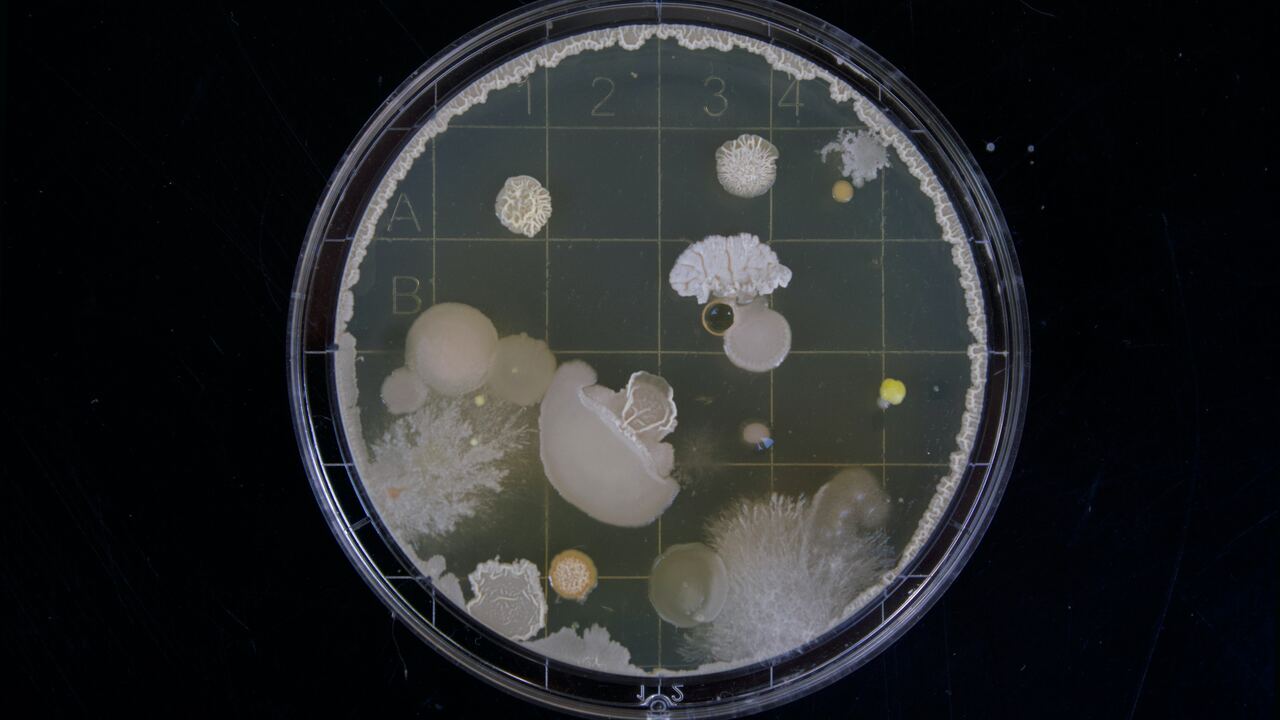Scientists from the National Research Nuclear University MEPhI and the Federal Research Center for Biotechnology of the Russian Academy of Sciences have developed a new mathematical algorithm that can accurately identify repetitive elements in genomes. Their research focused on bacteria and discovered previously unknown repeats in the genomes. This algorithm can be used to find new genetic targets that could increase the productivity of bacteria or help create new antibiotics.
The genomes of most organisms contain repeated nucleotide sequences. These repeats represent a type of “genetic marking” that can tell us about the origin and evolution of organisms. But current methods cannot always find such repeats accurately, especially when they are mutated.
Scientists have developed a new algorithm that can be likened to searching for a matrix that accounts for repetitions. This method more accurately identifies repeats even if they are mutated. The algorithm was successfully tested on artificial sequences and genomes of nine bacterial species and revealed previously unknown repeats.
This new approach can be used to analyze the genomes of not only bacteria but also multicellular organisms. This opens the door to a better understanding of the evolution of genomes and the creation of new microorganisms with useful properties such as antibiotics or increased productivity.
Source: Ferra
I am a professional journalist and content creator with extensive experience writing for news websites. I currently work as an author at Gadget Onus, where I specialize in covering hot news topics. My written pieces have been published on some of the biggest media outlets around the world, including The Guardian and BBC News.










